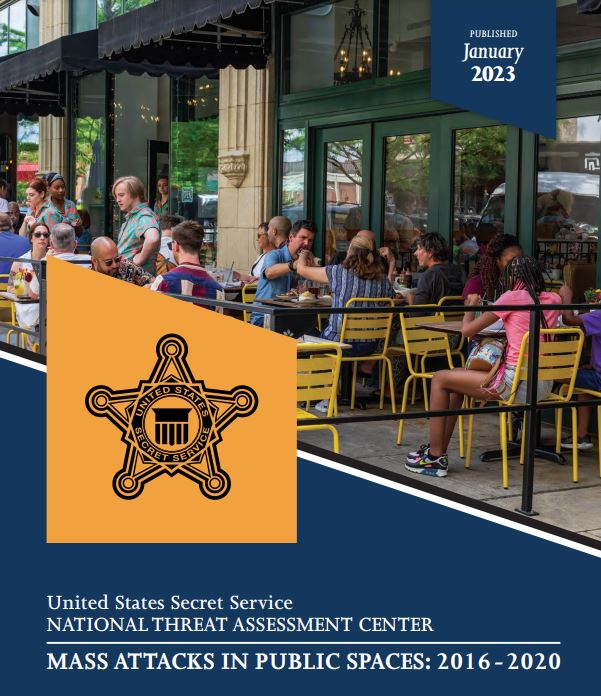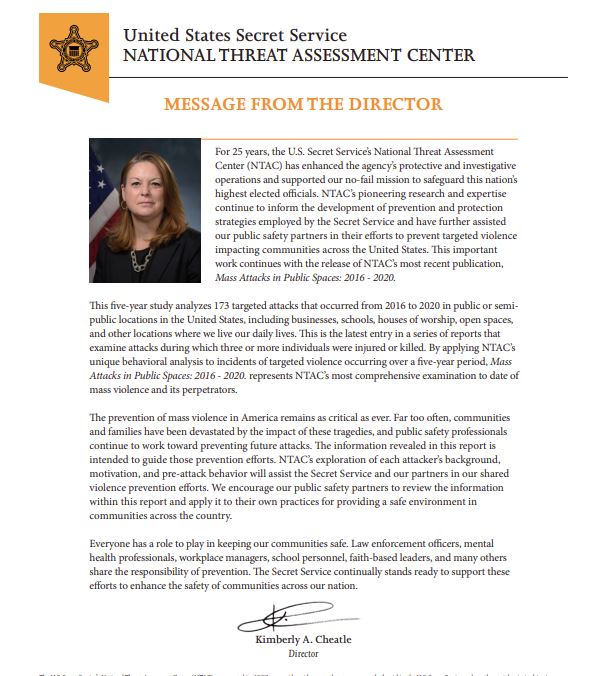


U.S. Secret Service National Threat Assessment Center Issues Report
By Bruce Hennes, Hennes Communications
CAUTION: This information is issued on a need to know basis. We hope you agree that you indeed need to know.
Situational awareness refers to the ability to perceive, comprehend, and anticipate critical situations in real-time, allowing individuals to make informed decisions and take appropriate actions. Situational awareness is crucial for all types of organizations in order to prevent accidents, protect individuals from harm and increase efficiency and productivity.
For companies, situational awareness is essential to identify potential risks and threats to employees, customers, and operations. It helps organizations stay proactive in managing crises, preventing accidents, and reducing the impact of disasters. By constantly monitoring the environment and identifying potential hazards, companies can implement effective risk management strategies, maintain business continuity, and ensure the safety and security of their stakeholders.
Government agencies also need situational awareness to respond to emergencies and protect citizens from harm. Situational awareness enables authorities to anticipate and manage critical situations, such as natural disasters, terrorist attacks, and public health emergencies. By using data and information from various sources, government agencies can develop effective emergency response plans and ensure timely and efficient execution of emergency management procedures.
Professional service firms, such as law firms and accounting firms, also require situational awareness to manage risks and maintain client confidentiality. Situational awareness helps these organizations to identify potential risks and vulnerabilities, such as cyber threats, regulatory changes, and legal disputes. By being aware of their environment and staying informed about relevant developments, professional service firms can provide better services to their clients, minimize errors and omissions, and protect their reputation.
Situational awareness is especially critical for schools and houses of worship. In these settings, situational awareness can help identify potential threats to students and staff, such as bullying, harassment and violence. By promoting situational awareness among students and staff, schools can create a safer environment for learning and worship and prevent incidents before they occur.
In late January, the U.S. Secret Service’s National Threat Assessment Center issued a report analyzing 125 targeted attacks. Below, a very short summation from the center director. You can read the entire report here.
For the executive summary and full report, click here.
